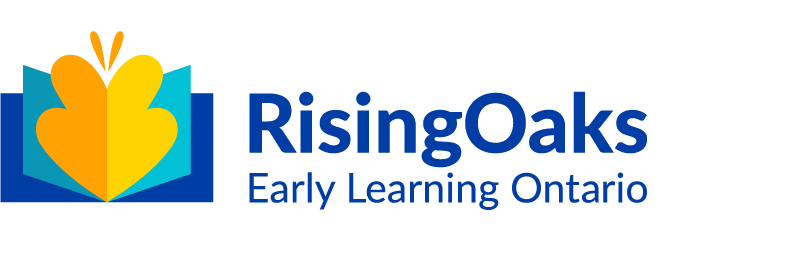Building on Children's Natural Curiosity
The Project Approach to Learning
Children learn when they are interested, when they can interact, question, connect, problem-solve, communicate and reflect.
The project approach is an investigation into real-world topics
Educators use observation and inquiry to identify what the children are interested in learning about. The learning takes place within a constructivist-based framework. That is; children construct their own knowledge with educators facilitating and guiding the process.
Phase 1: Make Plans
To better understand what children want to learn, a discussion takes place, questions are asked and information is recorded.
- Educator guides the children in determining what it is they want to learn about a specific topic.
- Educators inquire with children and document:
What they know?
What do they want to know?
Who can they ask? - Children's responses guide the investigation.

Phase 2: Investigate
Together, the educator and children create an investigation plan. Inquiry-based learning takes place through many learning activities over the course of several weeks or even months.
- Field study opportunities are determined using the information the children provided on whom they might ask. This may be on-site or off-site.
- Surveys and questionnaires are created using the information provided by the children regarding what they want to know.
- Books on the topic are provided and definitions of new words are discussed.
- Exploration and investigation takes place through learning experiences facilitated by the educator in the areas of Science, Technology, Engineering, Arts and Math (S.T.E.A.M)
- Learning concepts such as numbers, colours and alphabet are also easily implemented into this investigation style of learning.

Phase 3: Reflect
This is a time to celebrate accomplishments and to provide a summary of the project for families.
Through observation we know it's time to wrap up the project when ...
- Children's interest is dissipating
- When all the questions of what they want to know have been answered.
This phase of the project usually has a final activity with an invitation to parents to view the ...
- Project summary board showing the progression of learning that took place.
- Children's creations that came out of activities as part of the project.
- Social opporunity with educators and other parents to discuss individual learning and progress.










